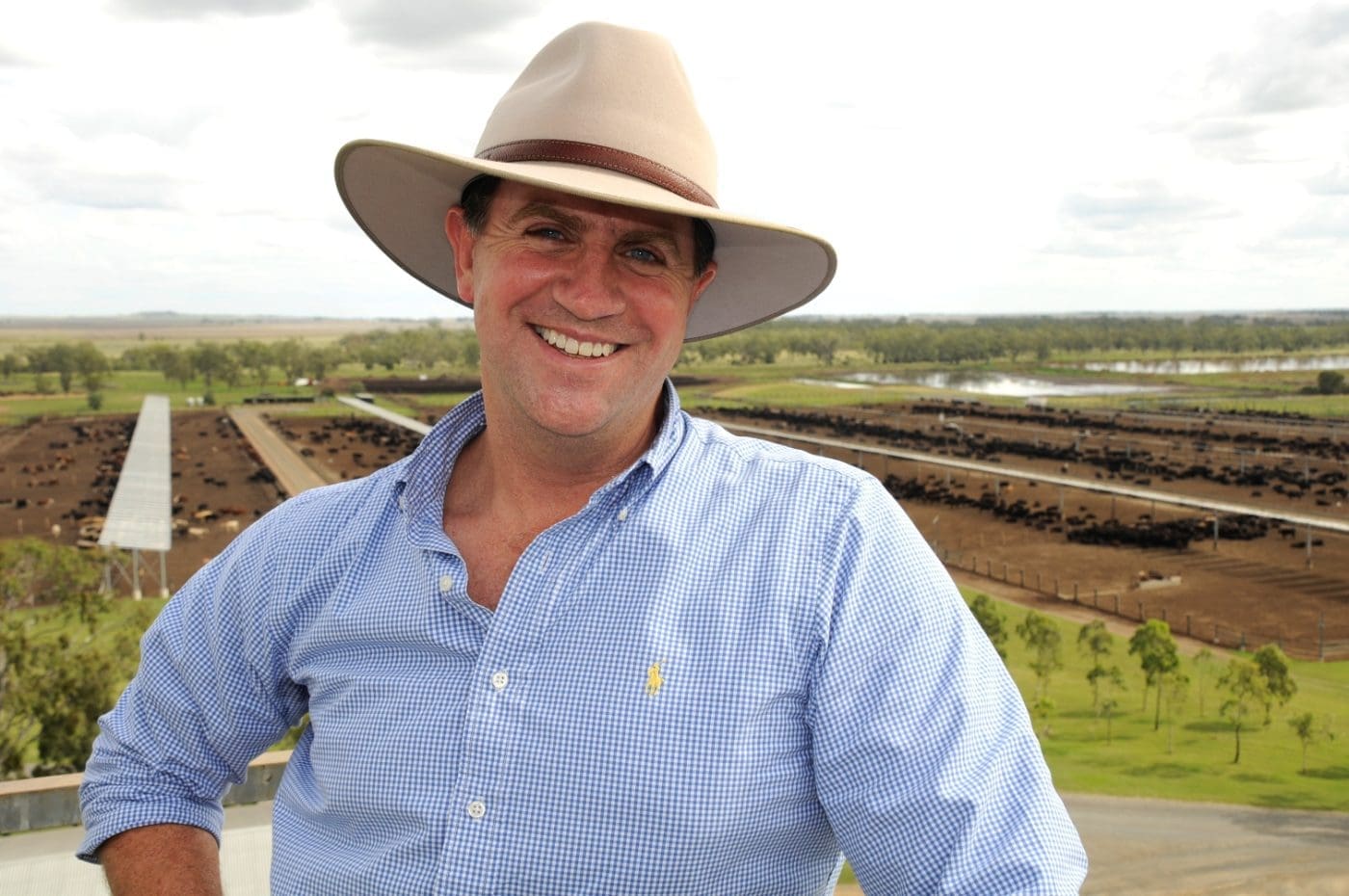RESEARCH has indicated that over the past 12 months, more than 130 non-tariff trade barriers in 40 key export markets have cost the Australian beef, sheep and goatmeat industries more than $1.25 billion.
It’s the reason why the nation’s red meat industry is tackling non-tariff barriers to trade in key markets including China and the Middle East, through a range of projects that engage industry, government and commercial businesses both in Australia and overseas.
To address this critical issue, a red meat processing Industry Market Access Advisory Committee has been established with representatives from members of the Australian Meat Processor Corporation and the Australian Meat Industry Council.
IMAAC will in turn oversee the strategic direction of a work program for a newly-appointed AMPC trade director with regards to market access priorities.
AMPC chairman Stephen Kelly said the red meat processing industry had taken a ‘strategic and proactive’ decision to dedicate resources to tackling non-tariff barriers to trade.
“Some countries are placing technical market access requirements on imported products. To overcome these challenges, we need to continue to develop scientific solutions and ensure they are effectively communicated,” Mr Kelly said.
“Barriers based on unnecessary animal disease, animal welfare and food safety standards can not only compromise market access but significantly increase compliance costs,” he said.
“The IMAAC will ensure that the project is market-led, innovative and relevant to meat processors.”
The project will largely involve the development of technical submissions which pull together the science that in many cases already exists, or to commission new research into specific areas where intractable issues remain.
Workshops, training sessions and other meetings will be run with officials in countries where barriers exist, to help an understanding of the issues and details associated with new submissions, as well as providing general knowledge of a more practical nature.
Project will educate customers about chilled product
As an example, one project is designed to demonstrate to potential importers in China how to handle chilled meat, given it’s a new and unfamiliar product for this emerging market, as well as walking them through the steps of the supply chain in Australia.
AMPC has appointed Rob Williams as trade director of technical market access to facilitate and coordinate the work of the IMAAC with the whole of industry.
“I am excited to take on this role, to develop and implement strategies and tactics in order to maintain and improve technical market access for Australian red meat,” Mr Williams said. ““China and the Middle East will be the key markets of focus,” he said.
Inaugural chairman of IMAAC, Stockyard Beef’s Lachie Hart, said the peak industry council supported the project’s work through AMPC.
“Exports are vitally important to the red meat industry, and this project will help to achieve results that are in line with our export development agenda,” Mr Hart said.
“It will allow us to better quantify non-tariff barriers to trade through extensive benchmarking and research, and increase efforts to effectively ‘describe our system’ to trading partners.”
“In-country industry (or company based) advocacy activities will be important to ensure effective communication with trading partners, importers, end-users and consumers of Australian meat products so that support for enhancing trade opportunities is developed.”
Some of the key issues to be tackled under the program include:
- Shelf-life of frozen and chilled product
- Restrictions on establishment listing for specific export markets
- Port of entry requirements and port marking complex certification
- Labelling that addresses general and/or specific market requirements
- Document legalisation requirements
- Effective port of entry standards, and
- Greater recognition of Australian standards and systems including export certification, permits and Halal and equivalence in testing and validation activities.
ABOUT AMPC
 The Australian Meat Processor Corporation is the Rural Research and Development Corporation for the red meat processing industry in Australia. AMPC’s mandate is to provide research, development, extension and marketing services that improve the productivity, profitability and sustainability of the sector. Red meat processor levies are strategically invested in programs that deliver a range of benefits for industry and the broader Australian community.
The Australian Meat Processor Corporation is the Rural Research and Development Corporation for the red meat processing industry in Australia. AMPC’s mandate is to provide research, development, extension and marketing services that improve the productivity, profitability and sustainability of the sector. Red meat processor levies are strategically invested in programs that deliver a range of benefits for industry and the broader Australian community.
AMPC delivers project outcomes in areas that include process automation and sensing, environment and sustainability, food safety, product integrity and meat science, capability development, marketing and market access. It has and will continue to provide innovation services for this globally competitive industry.





We sell trim and some muscles but not higher value cuts because we are denied access to their grading. As I said if we could grade strip, tender and cubes from feedlot cattle we would receive better prices than current. This would go back to feeder steer and heifer prices and benefit our producers. They could be better off by up to $3 per kg live weight.
Hang on John – the overwhelming majority of Australian beef entering the US market is either frozen trim or lower value lean muscle cuts from cows and bulls going into the grind. No USDA quality grade necessary there, beyond Chemical Lean. Would we see bigger volumes of grilling cuts heading for the US if there was USDA graders operating in Australian plants? Extremely unlikely.
This is a good initiative and badly needed. However I understood this was managed by MLA under the meat processing MOU. Are MLA and DFAT no longer involved ? Market access was a significant area of work for MLA but maybe this has changed as MLA redefine their strategic plan.
The greatest economic benefit available to the beef industry from resisting non-tariff trade barriers comes from a traditional market the USA.
The USDA refuse to allow their meat inspectors to inspect beef off US soil. So any table meat going to the US goes in as “no. roll” or the lowest classification. It is called this because the inspectors consider the carcass quality so poor that they will not grade it. Others are rolled with a brand as Prime, Choice and Select and they are yield graded as well although this is usually not seen by the supermarket customer.
Australian beef is therefore unable to compete for market share in the US supermarket and restaurant trade. Some exporters are doing so without due recognition of the eating quality of their r beef.
If ever there was a tine to lobby the US government to change this practice it is now. US beef production is at historical lows and prices at historical highs. The retailers there are calling out for more supplies. JBS are a major supplier in the US and here so should be prepared to lend their not inconsiderable weight to support the push. Teys/Cargill should also bring Excel to the support as they are a significant processor in the US owned by Cargill.
With the USA FTA and the trade work in the Pacific Rim we should have the fire power to launch a lobbying effort. We could draw our processing cousins across the ditch into the effort.
This could bring in many hundreds of millions of dollars and give increased support to our feedlot industry as this would be a major new market for their production.
So Lachie give this challenge to Rob and see how we go. Raise it with DFAT and our Trade Minister with the support of Barnaby Joyce. This could be low hanging fruit where we could see early returns.